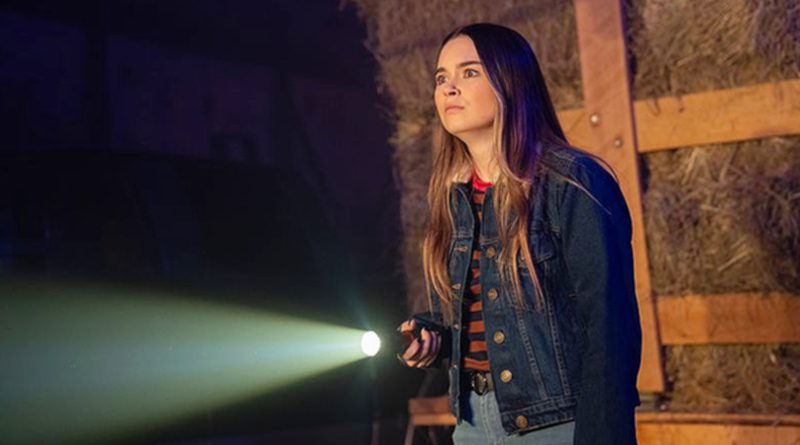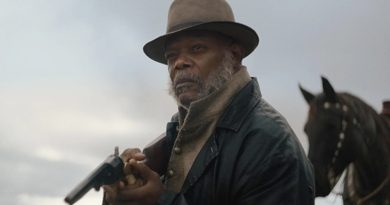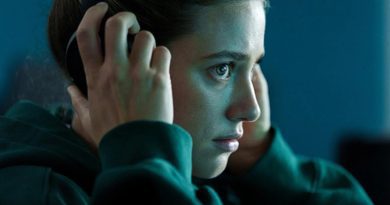Self-Help Review: Landry Bender Steals the Show in Erik Bloomquist’s Mixed Results of Cult Horror and Character-Driven Family Drama
Self-Help is one of those movies that uses the template — in this case, the cult horror subgenre — and turns it inside out by adding an unexpected layer of grounded drama. That drama in question revolves around the estranged mother-daughter relationship between Rebecca (Amy Hargreaves) and Olivia (Landry Bender). It all started when Olivia was just a very young girl, played by Marlee Eaton, whose Halloween-themed birthday party at a Chuck E. Cheese-style restaurant turns into a scarred memory after catching her mother cheating on her father by making out with one of the restaurant employees.
Interestingly, I like the way director and co-writer Erik Bloomquist chooses to frame the opening stretch predominantly from Olivia’s point of view, as a child with her parents are mostly shown in certain angles based on her height. The movie then jumps to the present day, where the now-young adult Olivia, in her college years, is being invited by her mother to come over to a self-actualisation community somewhere in a remote location.
Her best friend, Sophie (Madison Lintz), joins her on a trip, and once there, there’s something odd about the community, especially with a small group of participants wearing various rubber masks sitting there listening to the self-styled “Truth Ambassador” (Jake Weber). Olivia soon learns the community is about rediscovering oneself, even though she has a tough time buying into whatever “therapy” the leader of the cult is attempting to pull here.
At first, I was expecting this to be a deliberate slow-burn in the tradition of say, The Sacrament and Midsommar. The horror elements are pretty much playing a second fiddle here, despite Bloomquist incorporating some moments of gore and violence. But they are rather few and far between, with a particularly gross-out scene of self-mutilation. Instead, Bloomquist is more interested in delving into the psychological aspect of its horror within the unresolved trauma that Olivia has been bottling up all these years. Her reunion with her mother, where they haven’t seen each other for a long time, turns out to be a messy and complicated affair. This is particularly true with her mother’s deep involvement with the community.
I have to give it to Landry Bender, primarily a TV star who appeared in series like Crash & Bernstein, Best Friends Whenever and Fuller House, who does a good job playing a daughter struggling to come to terms with her mother. I haven’t seen any of her past works before, but judging by her performance alone in Self-Help, Bender shows the right sense of restraint that brings out her dramatic acting prowess without resorting to over-the-top histrionics. Here is an up-and-coming young actress who I hope can go far in her career. Besides, it was her scene-stealing performance that kept me invested in Olivia’s character arc.
However, the rest of the cast is hit-and-miss, with the side characters sadly relegated to thankless roles, save for Jake Weber’s sneakily charismatic supporting turn as the cult leader of the self-actualisation community and Amy Hargreaves as Olivia’s self-centred mother, Rebecca. Apart from the gore department, the movie also boasts Mike Magilnick’s atmospheric and, at times, dreamlike cinematography, which, at one point, we see Olivia experiencing a drugged-out state shot in a disorienting visual perspective.
Frankly, Bloomquist could have used a few more horror elements to balance out his movie with the character-driven drama angle. And despite the movie clocking in at just 85 minutes, I just can’t help finding that the erratic pace could have used some adjustments. I really wanted to rate Self-Help higher, considering the exploration of the story’s dramatic and emotional weights surrounding the disaffected mother-daughter dynamic.





